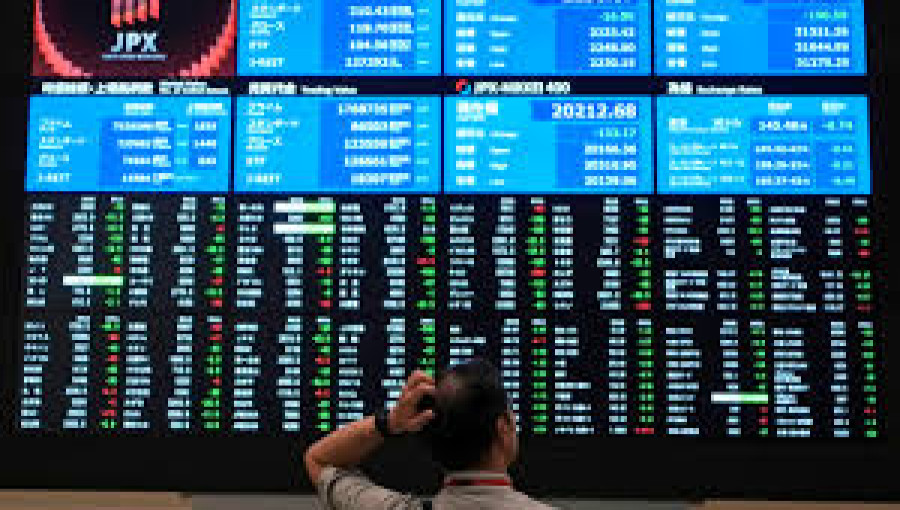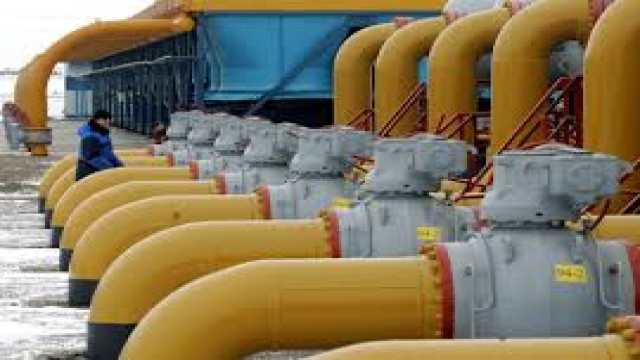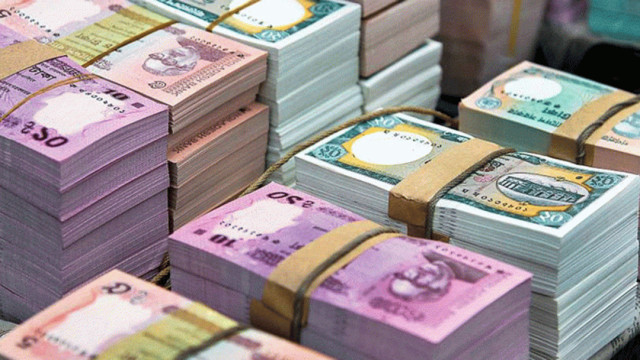HONG KONG, Feb 11, (V7N) – Asian markets showed a mixed performance on Tuesday as investors remained cautious following a global rally the previous day. Traders are closely monitoring former U.S. President Donald Trump's next steps after he approved 25 percent tariffs on steel and aluminum imports, warning of further trade measures.
Trump has continued his tough trade policies, fulfilling his campaign promises to use economic pressure to gain concessions on trade, immigration, and drug-related issues. While his decisions have caused uncertainty in markets, major indexes in London and Frankfurt hit record highs on Monday, suggesting that investors still see room for gains despite concerns.
However, caution lingers among traders as they brace for further White House announcements. Maurice Obstfeld of the Peterson Institute for International Economics noted that uncertainty over trade policy had surged dramatically. Meanwhile, Charu Chanana, chief investment strategist at Saxo Markets, warned that the latest trade actions extend beyond previous disputes, leading to potential import restrictions and retaliatory measures.
Chanana added that tariffs are no longer just about taxation but are also being used for national security, economic influence, and revenue generation. This signals a shift toward long-term economic policies, rather than just temporary trade disputes, potentially increasing market volatility.
Despite trade concerns, Wall Street began the week positively, driven by a tech stock rally that boosted all three major U.S. indexes. However, Asian markets struggled to maintain Monday’s momentum. Hong Kong’s Hang Seng Index fluctuated, while markets in Shanghai, Singapore, and Manila saw declines. On the other hand, Seoul, Sydney, Wellington, and Taipei recorded gains.
The uncertainty surrounding Trump's tariffs has also fueled a surge in gold prices, which broke past $2,900 per ounce on Monday for the first time. The rally continued into Tuesday, pushing gold to a new peak of $2,938, as investors sought safe-haven assets.
Concerns that Trump’s trade measures—combined with tax cuts and deregulation—could drive inflation higher have strengthened the U.S. dollar against most other currencies. Investors worry that inflationary pressures could force the Federal Reserve to maintain high interest rates for longer than expected.
This week’s consumer and producer price index reports will provide a clearer picture of U.S. inflation trends. Additionally, Federal Reserve Chairman Jerome Powell is scheduled to testify before lawmakers, with investors closely analyzing his statements for clues about future interest rate policies. Current forecasts suggest that the Fed may implement at most two rate cuts this year.
At 0220 GMT, Hong Kong's Hang Seng Index remained flat at 21,513.37, while Shanghai's Composite Index fell 0.3% to 3,313.01. The Nikkei 225 in Tokyo was closed for a holiday. In currency markets, the euro/dollar slipped to $1.0300, while the dollar strengthened to 151.99 yen. Oil prices saw slight gains, with West Texas Intermediate at $72.37 per barrel and Brent crude at $75.98 per barrel. Meanwhile, New York's Dow Jones closed 0.4% higher at 44,470.41, and London's FTSE 100 gained 0.8% to reach 8,767.80.
END/BUS/RH/































Comment: